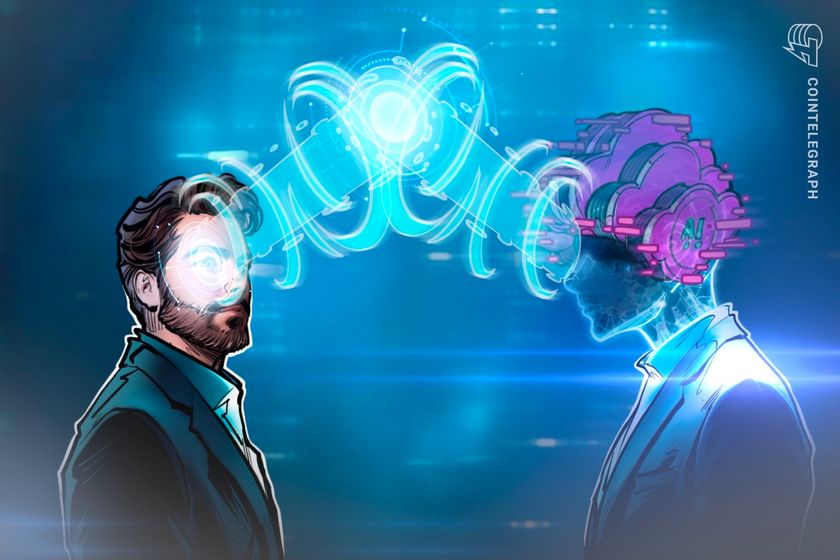
In the rapidly evolving world of Web3, the interfaces and user experience of the tools often fall short compared to their Web2 counterparts. This issue is highlighted by Max Giammario, the founder and CEO of Kindred, who points out that the lackluster user experience in Web3 is hindering the desired level of user engagement. He emphasizes that in the fast-paced ecosystem of Web3, these shortcomings are often overlooked.
Giammario suggests that AI agents could be the solution to enhance the development and user experience in Web3. While the potential of AI agents to improve user experience is significant, it has yet to reach its full potential. He envisions a future where emotional AI is integrated into Web3 tools, enabling a more personalized and intuitive user experience.
One of the key barriers to entry in Web3 is the steep learning curve, particularly when it comes to using Web3 wallets. The fear of making a mistake and losing money can deter many potential users. Giammario believes that integrating emotional AI agents into Web3 tools can alleviate this fear by providing guidance and personalized support to new users, ultimately making the onboarding process smoother and more comfortable.
The implementation of emotional AI companions in Web3 could revolutionize the user experience by acting as personal assistants, motivational coaches, and empathetic guides. By offering continuous support and personalized interaction, these AI agents could help users navigate the complexities of Web3 more effectively, potentially leading to higher adoption rates.
However, Giammario also acknowledges the risks associated with integrating emotional AI into the Web3 ecosystem. One of the primary concerns is the potential for data leakage due to the increased need for personal information to enable emotional AI functionality. Additionally, there is a risk of creating unhealthy dependencies on these AI companions, as well as the generation of biased information.
Despite the risks, Giammario believes that emotional AI is key to driving greater adoption of Web3. As AI tools become more prevalent and user-friendly, the next frontier lies in emotional AI agents that can provide more personalized and supportive interactions. By addressing these risks and harnessing the benefits of emotional AI, developers can pave the way for a more user-friendly and widely adopted Web3 ecosystem.
In conclusion, Giammario's insights shed light on the potential of emotional AI to revolutionize the user experience in Web3 and drive greater adoption. While there are risks to be considered, the benefits of integrating emotional AI into Web3 tools could transform the way users interact with

Leave a Reply